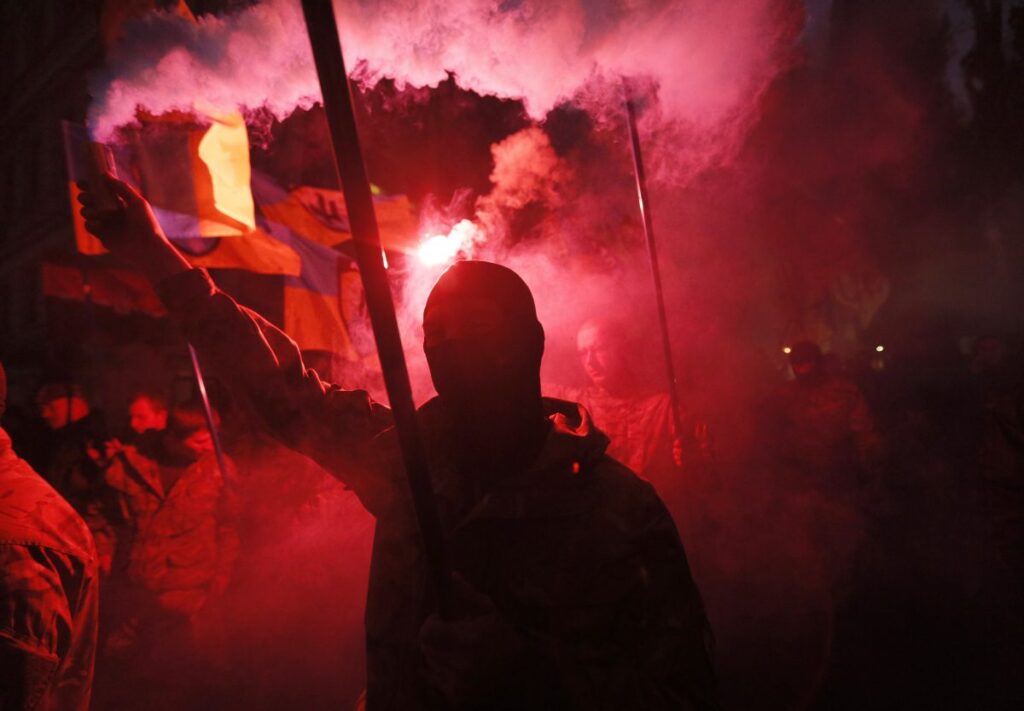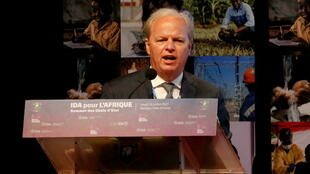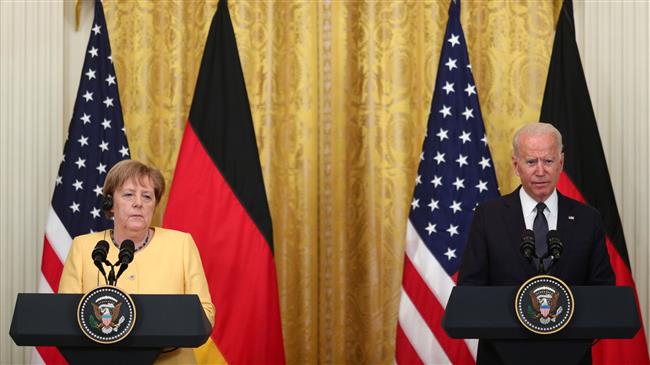Jihadis expand control to new Burkina Faso fronts
Florent Coulibaly, a soldier in Burkina Faso’s army, says he hasn’t been sleeping well for the past few months as he is often roused at 3 a.m. to fight jihadi rebels.
Until recently life was peaceful in western Burkina Faso’s Comoe province, but an increase in attacks by extremist groups in the country’s west has put the military on edge.






